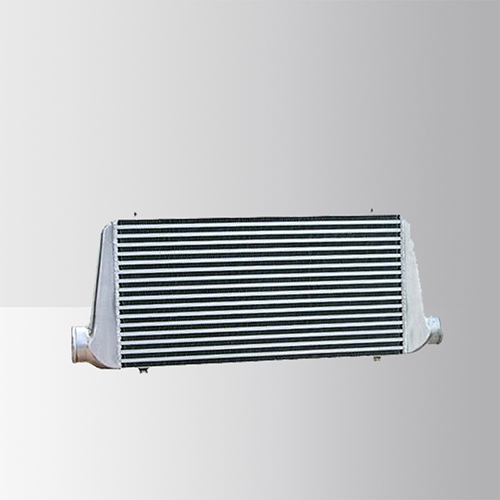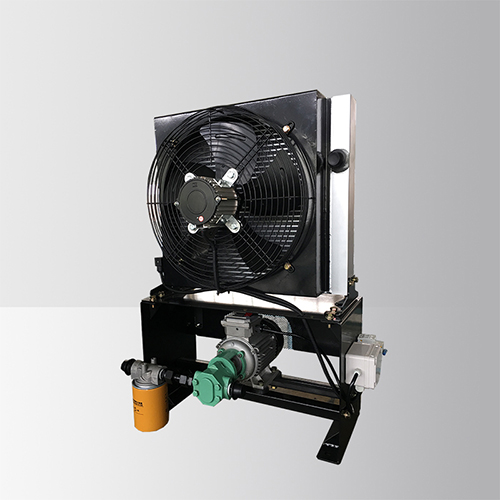The Plate-fin Heat Exchanger can realize air-air, air-water, air-oil, refrigerant-air, and other fluid medium heat exchange processes. The tube&Flat fin heat exchanger can realize the air-water, air-air fluid medium heat exchange process, and the cold plate heat exchanger can realize the water cooling cycle refrigeration process.
Water Shell&Tube Heat Exchanger Water Shell Heat Exchanger,Water Tube Heat Exchanger,Tube Heat Exchanger,Types Of Heat Exchangers Xinxiang Zhenhua Radiator Co., Ltd. , https://www.thermictransfer.nl
Let's approve, the project is too risky. The first is the construction capacity is too large. Statistics from research institutions show that by 2020, China's “coal oil†capacity will exceed 39 million tons, and the investment amount will exceed 100 billion yuan. The production capacity is close to the current national production of gasoline, and most of the existing refineries have stopped production. The trend of food; followed by the risk of price fluctuations in the international crude oil market. The international crude oil price is affected by many factors and fluctuates considerably. The “coal-to-oil†industrial production project takes about five years from the start of production to production. Who can predict the oil price after five years? If the international oil price falls below 20 U.S. dollars per barrel, the "coal oil" project will suffer a total loss; "coal oil production" will also face the risk of domestic coal price volatility. In recent years, domestic coal pit prices have continued to rise, and some have been from the original " The price of coal per ton is less than one hundred yuan, which has increased five or six times. Many of the reported “combustible reports†are also based on the old Huangli calendar of “100 tons per ton of coal priceâ€.
Do not approve it, and now many of the “coal oil†projects in Inner Mongolia, Yunnan, Heilongjiang, Shaanxi, Shanxi, Shandong, Ningxia, Gansu, Guizhou, Anhui, Henan, and Xinjiang have already invested a lot of upfront investment. Most of the funds invested come from the National Bank. If it is not approved, the project will be discontinued, and in the end it will still cause a waste of state funds.
In fact, similar to the situation of the "coal oil" project, the National Development and Reform Commission is not the first time it has come across. In recent years, only the petroleum and chemical industries have projects such as methanol, ethylene, and oil refineries that require national approval, and the National Development and Reform Commission often faces a dilemma. Many projects also touched on this "soft underbelly" of the National Development and Reform Commission, so they followed suit and tried to get approval for the final project. This approach was described in the industry as "forcing Gong."
The dilemma of the National Development and Reform Commission is very contemplative. Why do these projects dare to spend large sums of money when the country has not yet done so, resulting in faits accompli? The main reasons are nothing but two: First, the resources and funds used in these projects are state-owned and needless to use. Even if they cause waste, they will not be traced to individuals. No one will go bankrupt for this purpose. Second, as long as these projects are concerned. If construction starts and the performance is completed, the project's decision-makers can get honors and even promotions. In a word, these people are not afraid of waste. Waste is not only unscathed to them, but can even add luster to them. Only the National Development and Reform Commission, which is also a national character, suffers.
The dilemma of the National Development and Reform Commission shows that without the reform of the current financial system and the performance evaluation system, waste will never end.


From the dilemma of the National Development and Reform Commission--on the "coal oil" project
A friend who worked in the National Development and Reform Commission revealed to the author: At present, the “coal oil†project on domestic companies has become a trend. In the face of numerous application reports submitted by various localities, the officials of the National Development and Reform Commission feel as if they are being roasted on the stove, nor are they granted either.